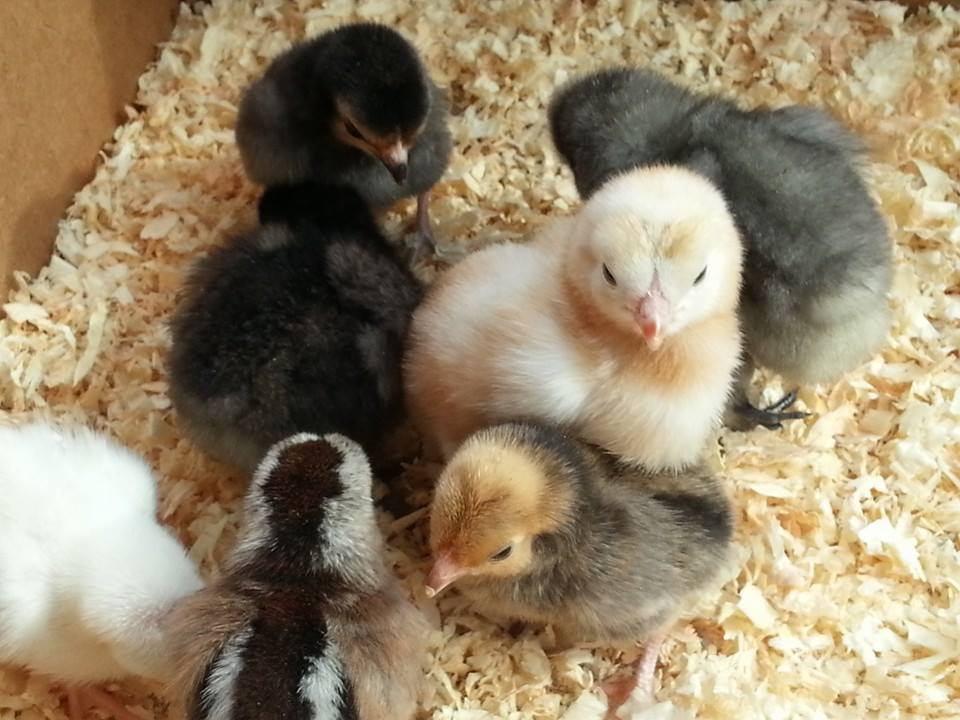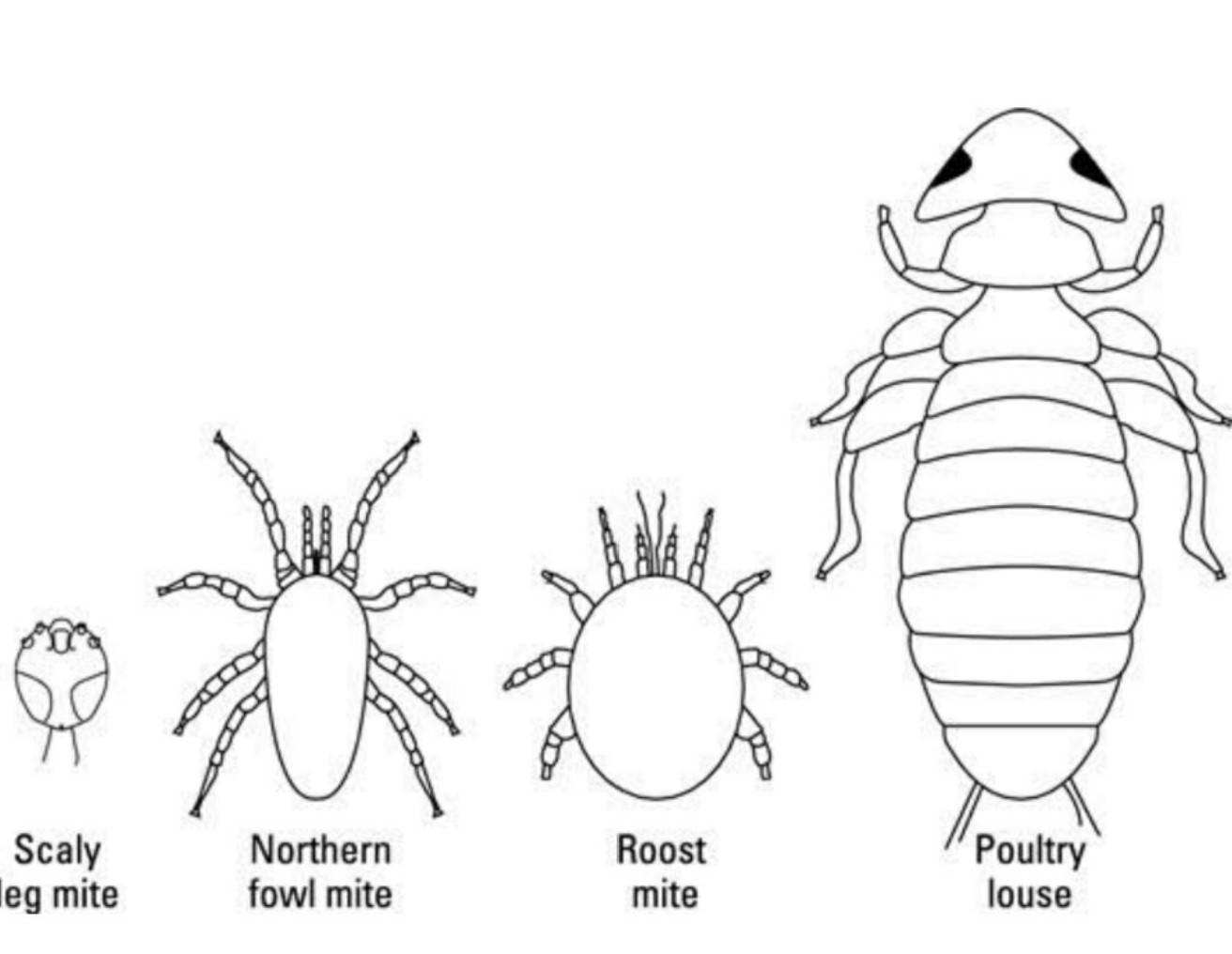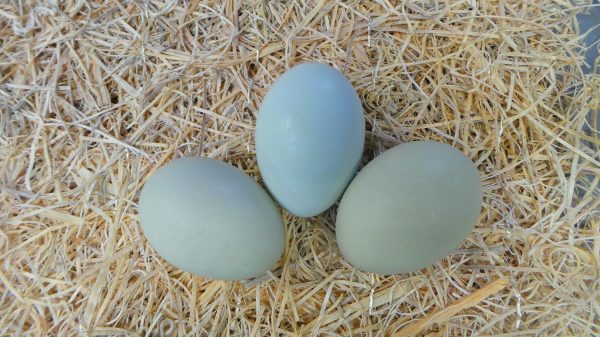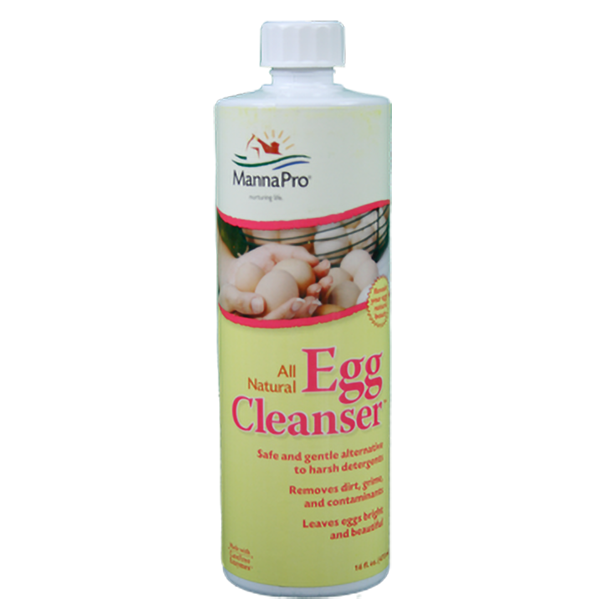Poultry Frequently Asked Questions
While the thought of raising chickens may be intimidating at first, they are fairly simple animals to keep! There are obvious benefits to raising chickens, such as the eggs they produce along with lesser-known benefits, like the fact that they are voracious consumers of ticks! Chickens can also serve as a waste-reduction method, as they enjoy kitchen scraps such as carrot peels. While chickens are some of the simplest animals to homestead with, there are some frequently asked questions that have been assembled below, with answers, to help you through common issues or questions that you might have. If you have further questions, view Raising Chicks, or stop in to the store for our advice!
- Does the Co-Op have a minimum number of chicks that I need to buy? Yes, you must buy at least six chicks at a time. Chickens are flock animals and they will not be happy if they are not kept in a group
- What does straight run mean? This means that you will have a mix of both male and female chicks as they are

not sexed.
- How many chickens can I fit into a 5 foot by 7-foot coop? You can fit between 12 and 17 birds. Adult chickens should have between two- and three-square feet a piece.
- I keep reading that I should feed my chicken's grit. Why is that? Chickens require grit for mechanical digestion of their food. This is especially important for chickens who predominantly eat pellets and grain.
- Why are oyster shells fed to poultry? Poultry require the calcium that oyster shells are high in. A diet that is high in calcium allows for stronger eggshells and prevent other shell problems.
- Why are my chickens loosing feathers and what should I do to help them? The chickens could be molting, which is the process in which they shed their feathers and grow new ones, similar to humans loosing hair. If this is the case, they should be fed a higher protein food, such as Nutrena NatureWise Feather Fixer Poultry Feed Pellet. If that does not help, your chickens might have external parasites like lice or mites. These can be cured with Red Lake Diatomaceous Earth.
- What disease does medicated feed help prevent? Chicken feeds that contain amprolium help prevent coccidiosis, a disease that affects the digestive tract and spreads easily throughout flocks through contact with infected fecal matter.
- Are chicks that I buy at the Co-Op vaccinated for anything? Yes, our chicks are vaccinated against Marek’s, a viral neoplastic disease that spreads easily among young poultry.
- What should I give my chickens so that they stop eating their own eggs? There are several ways to discourage egg eating. You can place porcelain fake eggs underneath them or fill a hollow egg with a distasteful substance, such as mustard. Your chickens might be eating their eggs due to boredom. In this case, you should provide a boredom buster, such as a swinging veggie cage Ware™ Chicken Veggie Ball. You should avoid attempting to eliminate boredom by providing treats as this can cause your chickens to be deficient in key nutrients found in complete feed. If they are eating their eggs, stick to commercially available complete feeds such as Nutrena Country Feeds Layer 16% Feed Pellet.
- What are the common external parasites found on chickens and how should I control them? Lice and
 mites are the most commons external parasites found on chickens. These can be eliminated using something like Red Lake Diatomaceous Earth, a product which dries out the parasite exoskeletons, thus killing them. You can also use an insecticidal spray, such as Pen & Poultry Chicken & Roost Insecticide Spray, which can be used on both the chicken and their living space to repel mites and lice. In store, the Co-Op has a large chicken health section that contains additional products of this nature.
mites are the most commons external parasites found on chickens. These can be eliminated using something like Red Lake Diatomaceous Earth, a product which dries out the parasite exoskeletons, thus killing them. You can also use an insecticidal spray, such as Pen & Poultry Chicken & Roost Insecticide Spray, which can be used on both the chicken and their living space to repel mites and lice. In store, the Co-Op has a large chicken health section that contains additional products of this nature. - My chickens have blood in their stools and are showing signs of illness. What could this be and how can I help them recover? They are likely suffering from coccidiosis. You should treat them with amprolium, and give them a vitamin and electrolyte supplement in their water.
- I fed my chickens lots of kitchen scraps and now they aren’t laying many eggs. What should I do? Too many treats, kitchen scraps, and other diet additions like scratch, can dilute the protein, vitamins, and minerals that are found in their feed. Chickens need these in the percentages in which they are available in commercially produced complete feeds. You should reduce all diet “extras” and focus on feeding a complete feed such as Nutrena Country Feeds Layer 16% Feed Pellet.
- What is in Blue Seal Scratch? Scratch contains corn, wheat, and oats. Throw some down for the chickens and they will enjoy foraging for scratch on the ground.
- Why should I put a light in my chicken coop and how long should I have it on each day? Egg production is affected by daylight, so providing additional light may increase egg production. If you are providing supplemental light, aim for 15 hours of daylight, especially in winter months.
- I am getting chicks for the first time. What supplies do I need to buy? New chicks need a heat source, consisting of a heat lamp and bulb. These are Brooder Lamp 18/2SJTW-A and Reb Heat Bulb 250R40/10. They also need a brooder area, which can be made of carboard walls and floor, or purchased here Baby Chick Starter Home Kit. They also need a feeder Little Giant Plastic Poultry Feeder Base - 1 qt, and Little Giant Screw on Plastic Poultry Jar - 1 qt and a waterer Little Giant Screw-On Poultry Waterer Base and Jar. Chick grit Manna Pro Chick Grit with Probiotics should also be provided with their chick feed. These come both medicated and unmedicated. A medicated option is Nutrena Country Feeds Chick Starter Grower 18% Crumbles Medicated and an unmediated option is Nutrena Country Feeds Chick Starter Grower Feed 18% Crumble.
 What breed of chicks should I buy if I want colored eggs? Araucana lay beautiful blue eggs.
What breed of chicks should I buy if I want colored eggs? Araucana lay beautiful blue eggs.
- hat breed of chickens does the Co-Op sell that lays white eggs? White Leghorns lay white eggs.
- My chickens are being excessively pecked on. What should I do? Start by identifying the aggressive bird and separating that bird from the rest of the flock. Treat wounds with a spray such as Vetericyn Anti-microbial Spray For Poultry to prevent the chickens from becoming carnivorous. Try introducing boredom busting activities, such as the Farmer's Market Chicken Peck-N-Play Ball to provide alternative activities to pecking each other. Additionally, you should ensure you do not have too many birds in your coop.
- What is a grain by-product? It is very common to see grain by-products on the tags of your chicken feed. These are often distiller’s grains or wheat middlings, which are the middle layers of the wheat kernel.
- What are the common predators that will try to eat my chickens? What should I do to protect them? Fox, coyotes, weasels, mink, fisher cats, owls, haws, raccoons, dogs, and cats are common chicken predators. To ensure your chickens safety, you should ensure your chicken’s area is appropriately fenced, that they are locked safely in their coop at night, and that there is netting over their run. For added security, you can run electric fencing around the perimeter of the coop and run.
- How should I introduce new birds into my established flock? You should set up a partition between the new and old birds, ensuring that they can see and interact with each other through the partition. A common technique is to make a partition from chicken wire. To make the transition easier, introduce the new birds at night.
- Can my chickens get frost bite? The short answer is yes, however, the Co-Op has an extensive blog on this topic, linked here Should I Heat My Chicken Coop?
- Do chickens need a heat source in their coop? Again, the short answer is no, and this is discussed further here Should I Heat My Chicken Coop?
- How should I clean dirty eggs? You should avoid washing your eggs until you are about to use them as it
 removes the “bloom” that protects them. If a wash is required, you should use warm water that is 90°F or use an egg wash like Manna Pro All Natural Egg Cleanser.
removes the “bloom” that protects them. If a wash is required, you should use warm water that is 90°F or use an egg wash like Manna Pro All Natural Egg Cleanser. - hat percentage of the birds that the hatchery selects as female do they guarantee? The hatchery has a 90% guarantee. This means that out of every 10 birds they sex as female, at least 9 will turn out to indeed be female.
